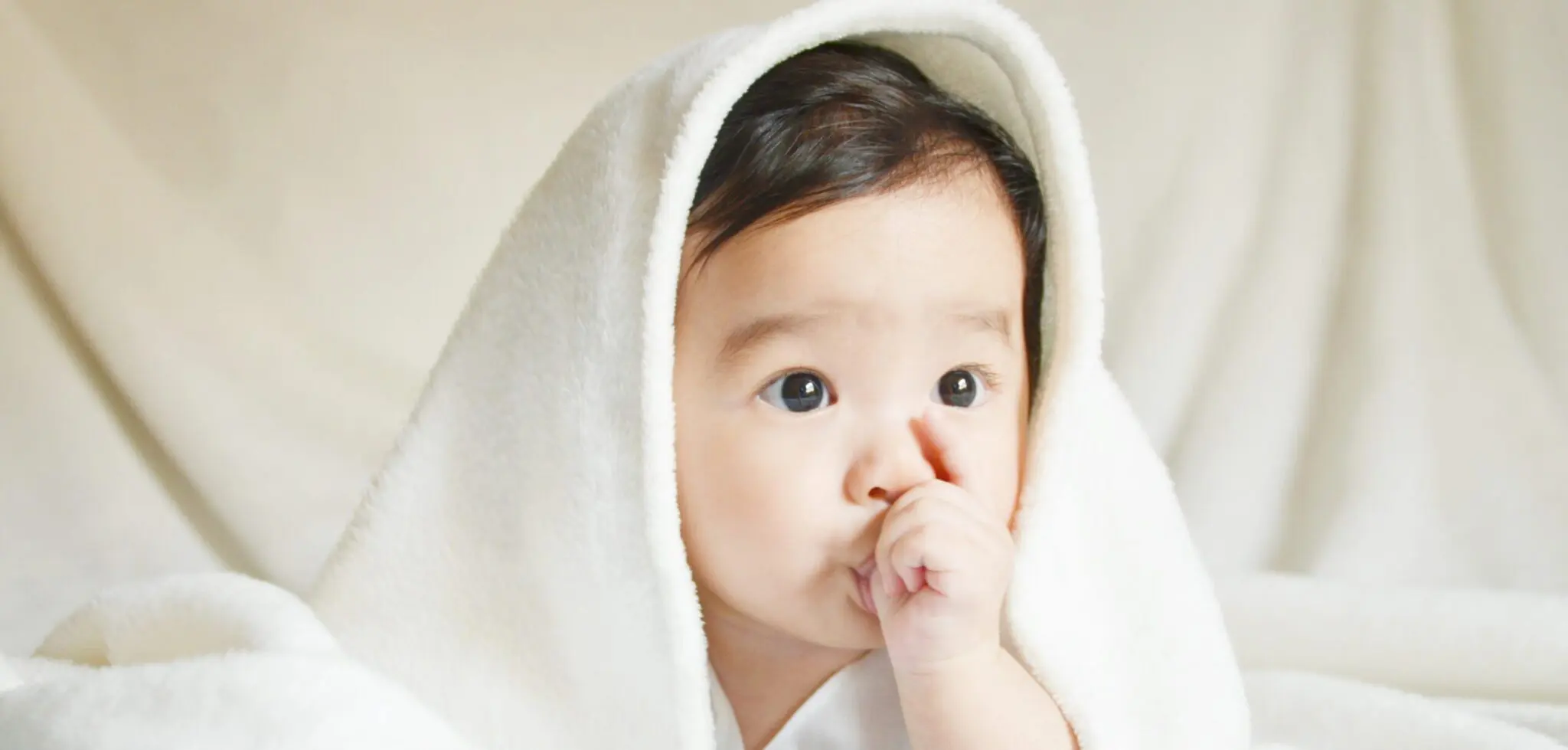Early Dental Care
When should your baby or child start seeing the dentist? Well infants and toddlers need a dentist too!

The list of things parents need to do to prepare for a new baby can feel endless. Smile Center for Kids is a children’s dental center that specializes in pediatric dental health from infancy through the teenage years, and we welcome new and expecting parents to become familiar with our team and office. There are many aspects to effective dental care for young children that parents may not be aware of.
Perinatal & Infant Oral Health
According to the American Academy of Pediatric Dentistry (AAPD), all pregnant women should receive oral healthcare and counseling, as research shows that periodontal disease during pregnancy is linked with low birth weights and preterm births. Work with your doctor or dentist on preventing gum disease during your pregnancy.
Expectant mothers with poor oral health could also be at a higher risk of passing cavity-causing bacteria to their babies. They can reduce this risk by following a few simple steps:
- Schedule regular dental visits.
- Maintain good daily brushing and flossing habits.
- Limit consumption of foods and beverages high in sugar and starch.
- Brush with an American Dental Association (ADA)-approved fluoridated toothpaste and rinse with an alcohol-free mouth wash to keep plaque under control.
- Avoid sharing utensils, food, or cups with your children, and never use your mouth to clean a dropped pacifier!
- Chew xylitol gum.
When Will My Baby Start Getting Teeth?
Typically, a baby’s teeth first begin erupting between their 6th and 8th months, with the lower front teeth being the first to appear. This isn’t universal, however; anywhere between the third month and their first birthday is nothing to worry about.
The full set of twenty baby teeth will usually erupt prior to the age of three, and each new tooth tends to be accompanied by teething symptoms. We can recommend teething toys and other ways to help soothe your child during this uncomfortable stage of their development.
When Should My Baby’s First Dental Visit Be?
Major health associations including the AAPD, the ADA, and the American Academy of Pediatrics all agree that parents should establish a “dental home” for their children as soon as the first tooth appears but no later than the child’s first birthday. A child with a dental home is more likely to receive the routine oral health care and preventative treatment they need and this also allows our doctors to evaluate a child’s oral development and airway health, check for tongue and lip ties, and provide hygiene and diet education. This is especially important for first-time parents.
Parents can do a lot to ensure their child’s first visit to the kids’ dentist is a positive one. First, do your best to not make a big deal of the visit. It should simply feel like a normal activity, or maybe even an exciting thing that Big Kids get to do. If they’re old enough to understand, you can tell them that the dentist helps keep their teeth healthy, and the dentist and staff at Smile Center for Kids can answer their (and your) questions.
It’s important to avoid using words that might make your child afraid, such as “hurt,” “needle,” “drill,” or “pull.” There are pleasant and non-frightening alternatives to these words, and they may not even apply during your child’s first visit if they don’t need treatment for any dental health issues.
Make the Health of Your Child’s Baby Teeth a Priority
Primary (baby) teeth will be replaced by adult teeth in a few years; however, your child’s primary teeth are still very important for proper facial and bone development, speech development, chewing, and space maintenance for the adult dentition. For the reasons mentioned above, we recommend maintaining dental checkups at least twice per year. The main threat to oral health in early childhood is carbohydrate (sugars) intake and improper or inadequate oral hygiene care.

Brushing and Flossing
Your child likely will be unable to brush their own teeth effectively until around the time they’re able to tie their own shoes. Until then, we recommend brushing to be completed by a parent. It is beneficial for the child to begin practicing their brushing skills as early as possible however a parent or guardian should still be brushing afterward. You can use a tiny amount of baby toothpaste (the size of a grain of rice for babies or the size of a pea for toddlers) until they know how to spit. Once they have two teeth that touch, it’s time to start flossing too.
Sippy Cups and Baby Bottle Tooth Decay
If a baby or toddler is given a bottle or sippy cup of milk or juice to sip on for long periods of time, it’s like a constant sugar bath for their teeth and gums and an endless feast for harmful oral bacteria. It leads to a condition called bottle rot, early childhood caries, or baby bottle tooth decay. We strongly discourage parents from putting a baby to bed with a bottle containing anything other than water. Save any sugary drinks for mealtimes.
Switching immediately to water can be difficult if your child is used to something sugary to soothe them to sleep. In these cases, you can gradually dilute the contents of the bottle or sippy cup over a few weeks until it’s only water. Also be sure to wipe the baby’s gums and teeth after each feeding with a gauze pad or damp washcloth to remove the residue, which could lead to plaque buildup.
